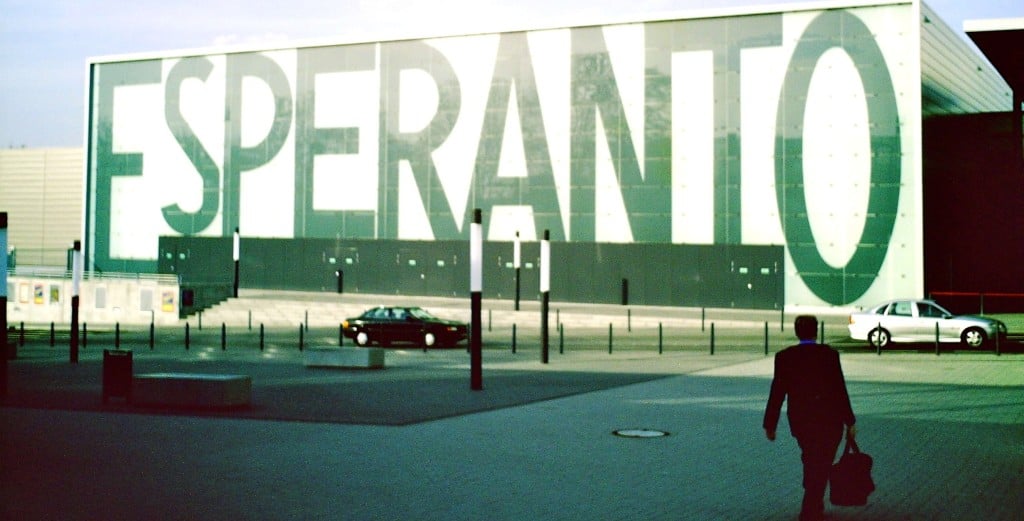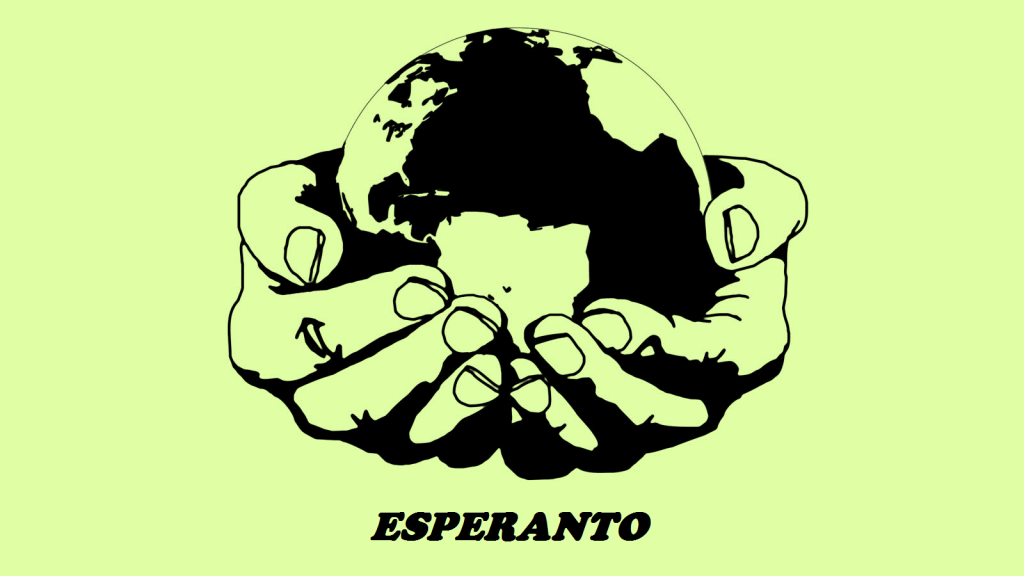Esperanto: The One Who Hopes
I’ve talked in my posts on ‘The World as One,’ about how English is becoming a universal language, now I would like to bring another form of universal language to your attention, one that was created for the purpose of being an international auxiliary language.
Esperanto, meaning “the one who hopes,” is a true auxiliary language; it was designed by Ludwig Lazarus Zamenhof, and published in 1887. While there had been many other attempts at a universal language up until Esperanto, such as Ido and Interlingua, none gained the popularity that Esperanto found. There is no official number of speakers, but there is estimates of up to 2 million speakers worldwide, with the majority being in Europe, East Asia, and South America. Now, I know you want to get hands on and learn some words, so let’s get stuck in.
I’ll start with a rundown on the basics: In Esperanto the vowels are the same as in English, and are pronounced the same way too, making that fairly easy; there are things called ‘semi-vowels,’ they are ŭ, which sounds like the w in ‘shower,’ and j which is like the y in ‘yoga.’ The C sounds like the ts in bats, ĥ sounds like ch in the Scottish loch, ĝ sounds like the j in jerk, and ŝ as in the sh in shrew; there are numerous others, but let’s move on.
Some basic phrases are:
Saluton, Kiel vi fartas? – Hello, How are you?
Mi estas bona, Dankon – I’m good, Thank you
Ne dankinde – You’re welcome
Kiel vi fartas? – How are you?
Mi amas vin – I love you
Mi ne komprenas – I don’t understand
Mi ne povas vivi sen vi – I can’t live without you
Kio? – What?
Ni geedziĝu – Let’s get married
Mi bedaŭras, Mi devas foriri nun – I’m sorry, I have to go now
Ne lasu min! – Don’t leave me!
Now you have all you need for a basic creepy conversation; you might notice some similarities to other languages, as there are a few words that have roots in other tongues: ‘amas’ is similar to the Spanish ‘amar,’ and ‘dankon’ to the German ‘Danke,’ among others. Ok, “Havu tason da kafu,” or “have a cup of coffee” while I make some more insulting, odd, non sensical translations.
Mi ŝatas danci, mi ŝatas vojaĝi, mi ŝatas aŭskulti muzikon, mi ne ŝatas vin… – I like dancing, I like to travel, I like listening to music, I don’t like you…
Mi devas pisi – I need to pee
Mi tro malfruis – I was too late
Voku la policon! – Call the police!
Kial? – Why?
Mi ne memoras – I can’t remember
Mi havas ion por vi – I’ve got something for you
Kio ĝi estas? – What is it?
La sakon kun fungoj – A bag of mushrooms
I hope I’ve given you useful tools here, you never know when these might come in handy. Today the Esperanto-speaking community remains small in comparison to other languages, and has yet to achieve the heights Zamenhof had hoped for, yet there are still numerous people using it and promoting it, time will tell how far this language can go.
What do you think of this language, Esperanto? Do you know any or would you ever consider learning it?


